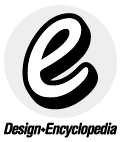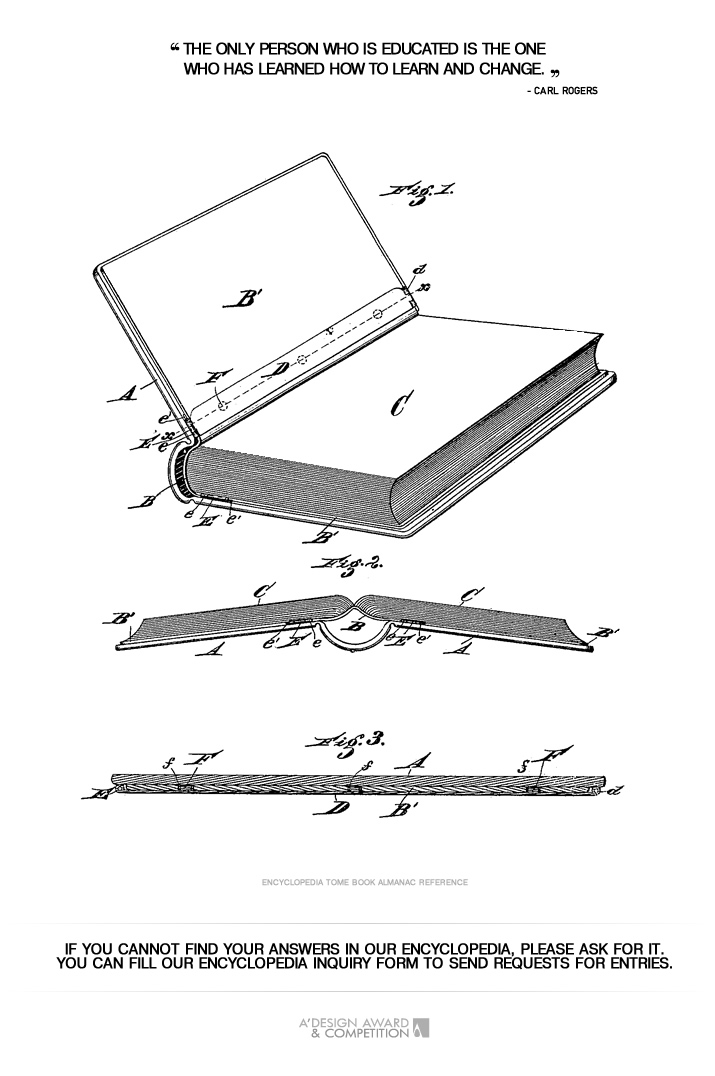
| THE AWARD |
| CATEGORIES |
| REGISTRATION |
| SUBMIT YOUR WORK |
| ENTRY INSTRUCTIONS |
| TERMS & CONDITIONS |
| PUBLICATIONS |
| DATES & FEES |
| METHODOLOGY |
| CONTACT |
| WINNERS |
| PRESS ROOM |
| GET INVOLVED |
| DESIGN PRIZE |
| DESIGN STORE |
| THE AWARD | JURY | CATEGORIES | REGISTRATION | PRESS | WINNERS | PUBLICATIONS | ENTRY INSTRUCTIONS |
Inductive Logic - Entry #478817 |
Home > Design Encyclopedia > 478817 |
 Inductive Logic
Inductive Logic
Inductive Logic is a fundamental approach to reasoning and problem-solving in design thinking that moves from specific observations to broader generalizations and theories. This methodological framework enables designers to derive broader principles and patterns from particular instances, experiences, or data points, forming the backbone of many contemporary design research and development processes. In design practice, inductive logic manifests through the careful observation of user behaviors, market trends, and product interactions, allowing designers to formulate broader insights that inform future design solutions. This approach is particularly valuable in user-centered design, where individual user experiences and feedback contribute to the development of more universal design principles and solutions. The process typically involves collecting empirical evidence through various research methods, including ethnographic studies, user testing, and behavioral analysis, followed by pattern recognition and hypothesis formation. In the context of design evaluation, inductive logic plays a crucial role in understanding how specific design elements contribute to overall user satisfaction and product success, a principle often recognized in design competitions such as the A' Design Award, where jury members evaluate individual design attributes to form comprehensive assessments of design excellence. The application of inductive logic in design extends beyond mere problem-solving to encompass innovation and creative thinking, as designers use observed phenomena to generate new ideas and approaches, ultimately contributing to the evolution of design theory and practice.
Author: Lucas Reed
Keywords: design thinking, empirical observation, pattern recognition, user research, design methodology, creative reasoning, evidence-based design
 About the Design+Encyclopedia
About the Design+EncyclopediaThe Design+Encyclopedia is a crowd-sourced reference of information on design. Unlike other crowd-sourced publications on design, the Design Encyclopedia is edited and actively monitored and publishing is only possible after review of submitted texts. Furthermore, editors of the Design Encyclopedia are mostly consisting of award winning designers who have proven their expertise in their design respective fields. Information posted at design encyclopedia is copyrighted, you are not granted a right to use the text for any commercial reasons, attribution is required. If you wish to contribute to the design encyclopedia, please first register or login to A' Design Award and then start a new design encyclopedia entry.

If you did not find your answer, please feel free to check the design encyclopedia for more entries. Alternatively, you can register and type your own definition. Learn more about A' Design Award's Design+Encyclopedia.

